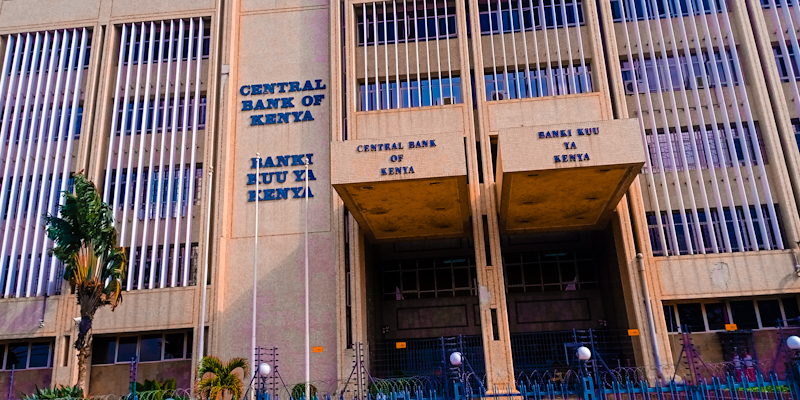Central Bank of Kenya Likely to Maintain Status Quo on Rates in 2021

The Central Bank of Kenya (CBK) is likely to keep the benchmark interest rates unchanged in 2021 according to market analysts.
According to the analysts, the central bank is likely to continue with the accommodative monetary stance keeping the hope alive for a rate cut as and when needed.
In its last MPC meeting in November, the CBK kept policy rates unchanged at 7.00 percent with Dr Patrick Njoroge disclosing that “Additional measures to strengthen the fiscal performance are under consideration.”
The CBK projected the country’s GDP to contract 3.1 per cent in the current financial year due to the pandemic from the 3.1 percent estimate disclosed in September.
“We expect the CBK Monetary Policy Committee to maintain its neutral policy stance (CBR: 7.0%) through the year. The headline inflation is poised to rise on supply pressures (as opposed to demand) further cementing our view of a neutral policy stance,” Genghis Capital says in their latest 2021 Macro-economic Outlook.
Cytonn Investments on the other hand says the Central Bank Rate is expected to remain stable as the governments seeks to continue supporting the economy from the adverse effects of the pandemic.
“This is in-line with the policy stance in other developed economies such as the United States and various counties in the Eurozone,” they note.
“There is however the risk of the yield curve adjusting upwards.”
In 2020, the Monetary Policy Committee met 8 times. During the period, they lowered the Central Bank Rate (CBR) twice, in the meetings held on 27th January 2020 and 23rd March 2020, from 8.25% at the beginning of the year to 7.00%.
In their last meeting held on 26th November 2020, MPC retained the CBR at 7.0% for the fifth consecutive time.
The committee concluded that the current accommodative monetary policies together with the fiscal measures are still being transmitted and continue to support the economy.
Both analysts expect inflation to remain within the government target range of 2.5% – 7.5%.
“We do not anticipate core inflation to edge up markedly due to subdued demand pressure. On the other hand, we expect the recent 14.3% increase in the rate of VAT back to pre-COVID-19 level of 16.0% to liftoff headline inflation in the short-term,” observes Genghis Capital.
Inflation rose to 5.6% in December compared to Novembers’ 5.3 percent.
NCBA Analysts corroborate Genghis view that short term expectations may increase with the reversal of tax relief measures, higher oil prices and increased food price pressures from cyclical weather driven supply shortages.
“However, with core inflation at 2.50% and output gap still significantly wide, the risk of a reversal in the current monetary policy stance is Nil,” NCBA says in their Monthly Report for December.

